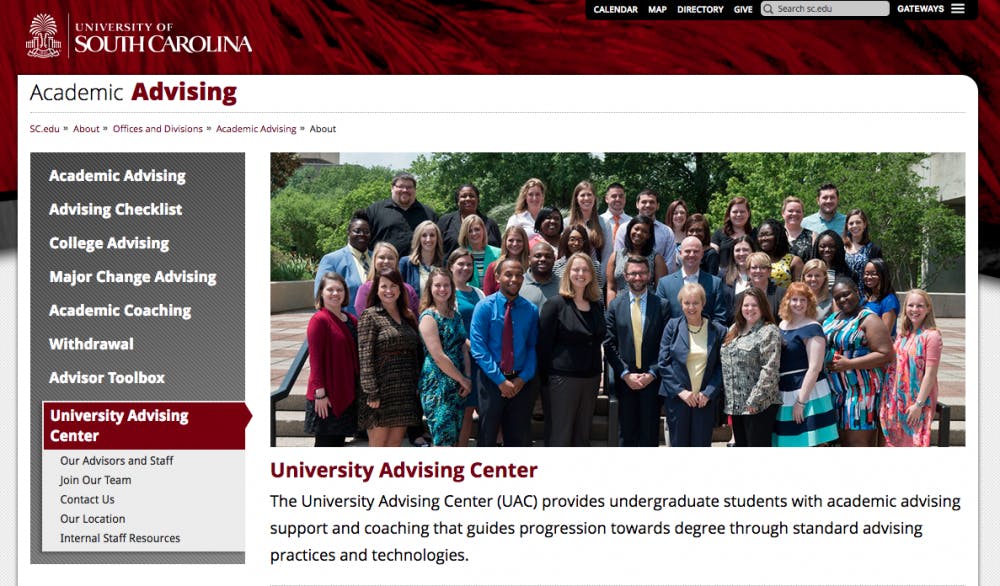There is no denying that advisers are fundamental for college students’ success, but the current first-year adviser system does not do students justice. Instead, this system should be abolished and advisers should be around for the students’ whole college career.
The way the system works has a student receiving a first-year adviser right away and then getting an adviser for their last three years. The first-year adviser helps students throughout their freshman year, but not really past that. From personal experience, the advisers do not provide information about all four years of college, even if asked about them. As a student trying to plan my major ahead, I have received no help from my adviser, and I know I am not alone.
Many students struggle to connect with first-year advisers and often get screwed over in their long-term college plans. Also, first-year advisers and later advisers do not always see eye to eye; this sometimes leads to students having to take six classes in a semester or summer courses in order to catch up after their first-year adviser led them astray.
Instead of letting students continue to struggle with first-year advisers, the university should start implementing full-college advisers. Students already get advisers to help them for their last three years, so making them start helping students as freshmen instead of sophomores will surely help.
Not only will this system allow for students to get the same advisement right away, it will help create a longer lasting relationship between the student and adviser. This trust is super important because if a student cannot trust their adviser, like how it is sometimes now, then that student could be hurt in the long term.
To again emphasize the point of advisement importance, Charlie Nutt, the executive director of the National Academic Advising Association, said, “Academic advising is the key mechanism, and on many campuses the only mechanism, through which students have a person they’re connected with.” The significance of this relationship cannot be understated.
There is, of course, a problem with this proposed system. This change would put more work on advisers, as they would have to balance the importance of first-year schedules with long-term plans. That being said, it is their job to advise every student and help them succeed in college, something that is not always happening now.
Hopefully the university will advocate for this change to occur. Allowing students to have someone they can trust for all four years that won’t be contradicted by another adviser later on would help students excel in their college career. No longer should students fall behind on credits, but instead they should flourish as they finish college efficiently.

